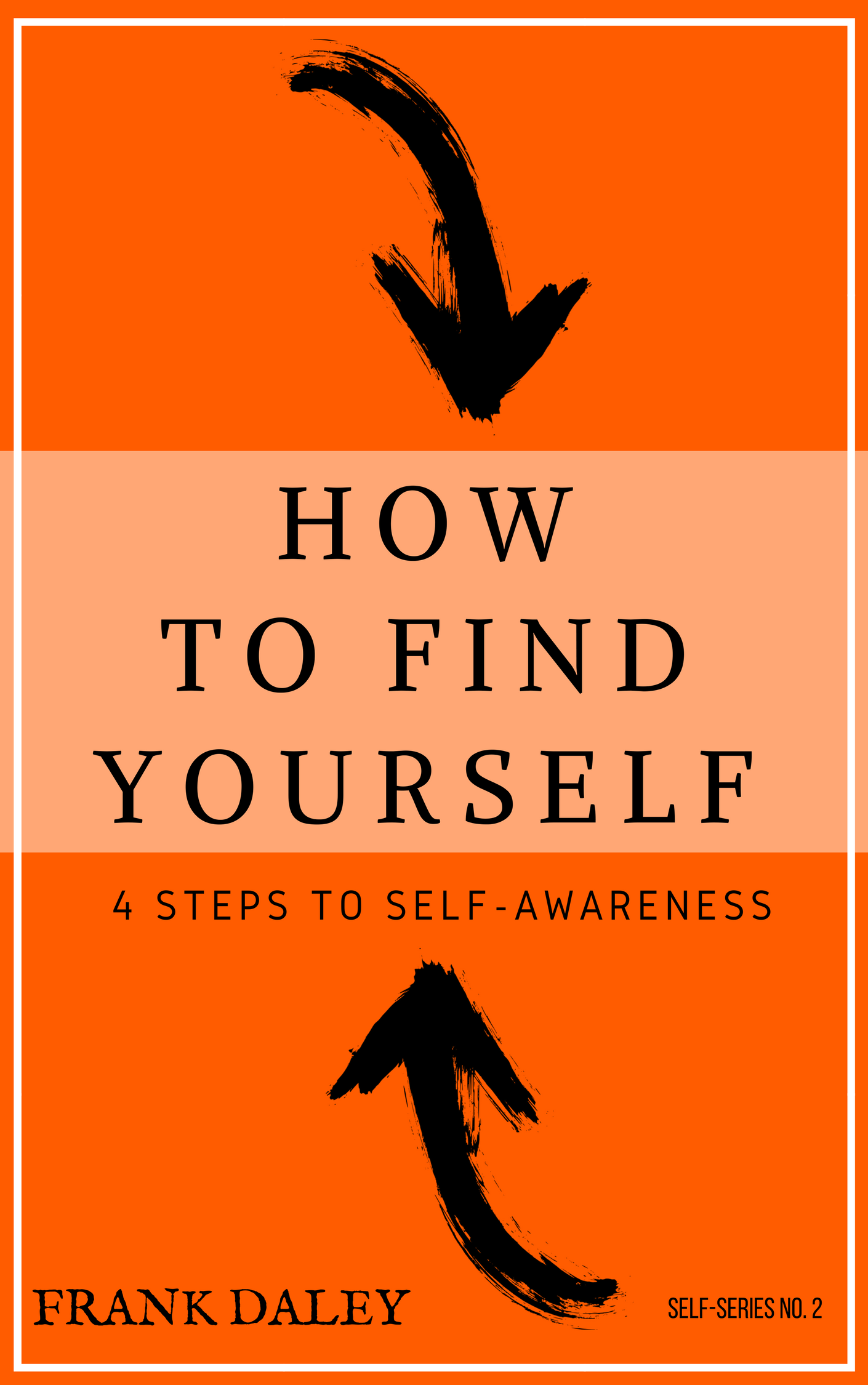Self -definition: what are we talking about?
The notion of ‘self’ is obviously crucial to our work here.
(This is Part 30 in a series of articles about the “self.”)
We require a clear and unambiguous definition of terms so that we can attempt to know our own ‘self’ or selves.
If we don’t know what we’re looking for, there’s no chance we’ll find it. 
This, to start us off, is from Wikipedia:
“The self is the subject of one’s own experience of phenomena: perception, emotions, thoughts. In phenomenology, it is conceived as what experiences, and there isn’t any experiencing without an experiencer, the self. The self is therefore an “immediate given”, an intrinsic dimension of the fact of experiencing phenomena. In some other trends of philosophy, the self is instead seen as requiring a reflexive perception of oneself, the individual person, meaning the self in such a view is an object of consciousness.
The self has been studied extensively by philosophers and psychologists and is central to many world religions. With the recent rise in technology, the self has been discussed under various new emerging fields, such as Techno Self Studies (whatever that is!). Yes, I could look it up. (Maybe later.)
1. Philosophy
2. Psychology
3. Religion
4. Philosophy
Main article: Philosophy of self
The philosophy of self seeks to describe essential qualities that constitute a person’s uniqueness or essential being. There have been various approaches to defining these qualities. The self can be considered that being which is
- the source of consciousness;
- the agent responsible for an individual’s thoughts and actions;
- and/or the substantial nature of a person which endures and unifies consciousness over time.
Psychology
Main article: Psychology of self
The psychology of self is the study of either the cognitive and affective representation of one’s identity or the subject of experience. The earliest formulation of the self in modern psychology forms the distinction between the self as I, the subjective knower, and the self as Me, the object that is known.
[1] Current views of the self in psychology position the self as playing an integral part in human motivation, cognition, affect, and social identity
[2] Self following from John Locke has been seen as a product of episodic memory.
(And it goes on!)
Look, we don’t have to get into all this ind detail, only enough to know what we’re talking about when we’re talking about the ‘Self” or, more commonly, ourselves.
The word ‘self’ comes up in conversation far more often than you would expect and there are many combining words that embrace the nature of the word and extend its meaning and use.
We will use the Oxford Dictionary as our general guide. 
We won’t include all the definitions because some are not relevant (self-adhesive) and some are obvious (self-destructive).
BASIC DEFINITION OF SELF
SELF:
- A person’s essential being; that which distinguishes a person from another
- A person’s particular nature or personality
- Your consciousness of your own identity
- A person considered as a unique individual
- One’s own self.
- By one’s own efforts; or by its own action (self-adjusting)
- Of, or directed towards, oneself or itself (self-hatred)
SELFISH: Concerned chiefly with one’s own personal profit or pleasure at the expense of consideration for others.
SELFLESS: Concerned with others before oneself.
COMPOUND CONFUSION DEMYSTIFIED
Next, we’ll take a look at some self-compound words that often confuse people when they are talking about (or hearing about) self-anything!
If you are mystified by your own self, tell me how and why!
Comment below!
Thanks,
Frank
Previous posts:
Part 1: Do you find yourself or create it? And why bother anyway?
Part 2: Searching for yourself? Flying blind? Need a new search party?
Part 3: Be yourself. Everybody else is taken!
Part 4: Self discovery without viagra.
Part 5: Selfish vs Selfless (in women)
Part 6: Selfish. Always wrong?
Part 7: Selfishness, in the family.
Part 8: Singer Sarah Slean knows who she is
Part 9: Whatever you do, don’t be yourself!
Part 10: Self sinks soon. Save yourself!
Part 11: Be yourself, problem-solving
Part 12: Self-regard. Do you ever feel worthless?
Part 13: Be more successful. Know yourself
Part 14: Do self-help books work?
Part 15: Do what you love, but know yourself first
Part 16: Self-discovery: Destroying marriage?
Part 17: Self confidence & insecurity in dating
Part 18: Self-esteem comes with self-knowledge and self-love
Part 19: Time to see a therapist?
Part 20: Settling for the wrong lover?
Part 22: Writing helps self-knowledge
Part 23: Self-esteem: Do you worry?
Part 24: Self-esteem, 2 components
Part 26: How much do we change after thirty?
Part 27: Self: Focus on your strengths
Part 28: Is self-confidence overrated?
Part 29: Social ties, self-esteem vital to low-income black, latino boys
Up next:
Part 31: Self-compounded or confounded: what’s the difference?
Frank Daley
daleyfrank0@gmail.com
647-205-5059
356 Westridge Drive , Waterloo, Ontario, Canada
